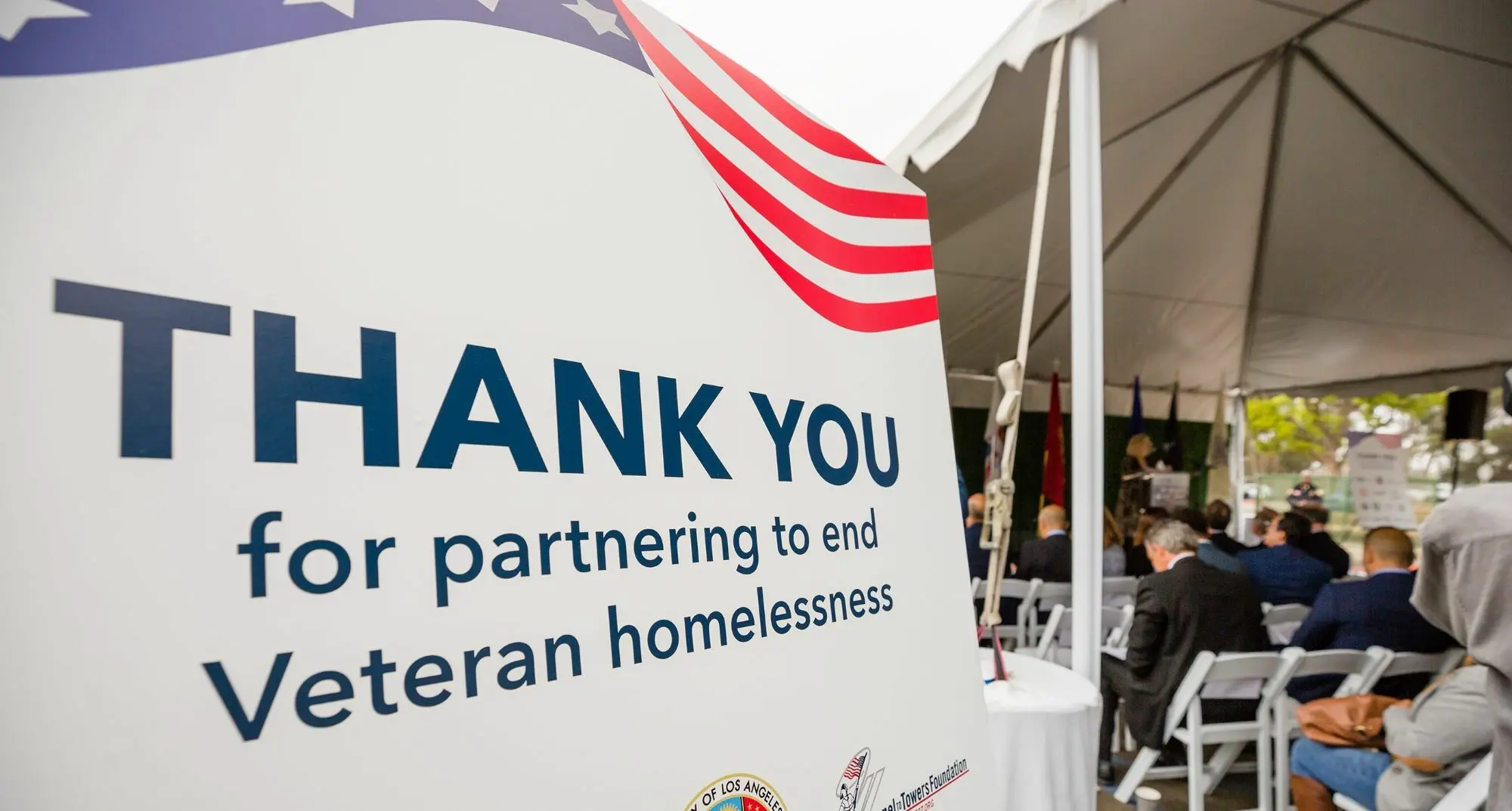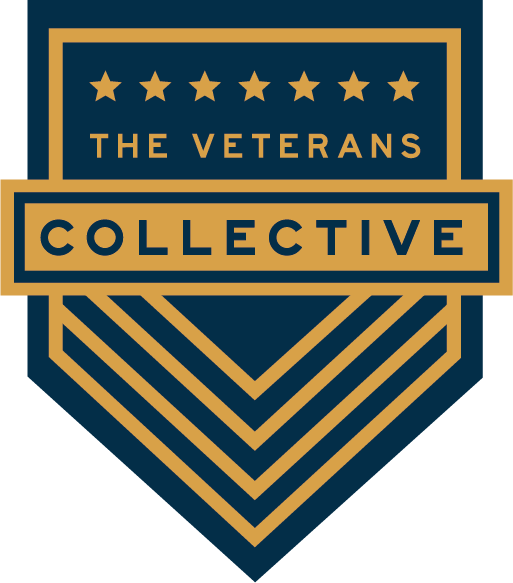Veterans Promise Campaign: Role of the Volunteer
 A volunteer for the Veterans Promise Campaign is part of a phenomenon of the history and culture of this nation, in the sense that philanthropy, as it is practiced in the United States, is unique. Moreover, the heart and soul of philanthropy is the involved and committed volunteer.
A volunteer for the Veterans Promise Campaign is part of a phenomenon of the history and culture of this nation, in the sense that philanthropy, as it is practiced in the United States, is unique. Moreover, the heart and soul of philanthropy is the involved and committed volunteer.
Being asked to join the volunteer corps for the Campaign is not so much “serving on a committee” as it is an invitation to share in an initiative to solve crucial and urgent social issues and to make possible a program that will benefit Los Angeles and its veterans and may well serve as a national prototype. For the simple fact of the matter is that volunteers have the kind of influence – be it in social, corporate or other venues – that enables them to open doors few staff members can open. Volunteers provide exponential leverage to the fundraising efforts of management and staff. They complete the team, as it were.
We hope our volunteers will play two vitally important roles in the Veterans Promise Campaign for the West Los Angeles Veterans Collective.
First, they will be one of our ambassadors to the outside world. – our voice and ears for telling the story and listening to what our constituents are telling us. As spokespersons for WLAVC, volunteers will hear things that we in management and the staff may never hear. Similarly, volunteers can bring the WLAVC story to the community with all the power and emotion of the cause of assisting and serving veterans in need.
The second major volunteer role has to do with hands-on involvement in the fundraising process. In varying degrees, a volunteer can and ought to have a role in several stages of the process:
Identification: Because the Collective has not raised private sector funds in a deliberate and planned way in its history, we know relatively little about who our prospects are and why they are prospects. The volunteer can be a “detective” for us by suggesting the names of friends and business and social acquaintances as well as foundations and corporations with which they may be associated.
Evaluation: Once we know the name of a possible donor, we need to learn as much as we can about that person, foundation or corporation, and then to try to determine an appropriate level at which to ask. Such factors as one’s sheer raw capacity to give, a relationship to WLAVC and a record of giving to WLAVC and related causes play importantly in estimating that level. There is a great deal we can learn from publicly available resources, but in many instances a volunteer may have some vitally useful information to add to the file.
Cultivation: Cultivation means developing and nurturing a meaningful relationship. Part of it is educating the prospect about the WLAVC and its aspirations, while another is identifying some priority funding need to which the prospect can relate or be encouraged to relate. It is not uncommon for the cultivation process to stretch out over several years.
Solicitation: The art of asking at the right time, for the right amount and in the right way is the logical culmination of the cultivation phase, but it is not something with which everyone is comfortable. But with good coaching and a willing spirit, most volunteers can become adept at the art of asking.
Stewardship: This refers to all the things that happen after the gift is made – prompt and sensitive acknowledgement, appropriate recognition, and further nurturing of an ongoing dialogue, in effect setting the stage for the next gift.
What do we expect from our volunteers?
We hope that our volunteers will take the time to become fully conversant and familiar with the organization and its mission, goals and objectives, particularly with respect to the Veterans Promise Campaign. While a volunteer can’t be expected to know every last detail about the WLAVC and the campaign, a certain amount of effort is necessary if the volunteer is to know the story well enough to be able to tell it convincingly.
Once we and the volunteer have jointly determined what the volunteer is willing to do to help the cause, we hope that we can then count on him or her to carry out those responsibilities efficiently and effectively. Part of that is developing a sense of teamwork – that we as the Collective’s full-time representatives and the volunteer are in this thing together and, in that sense, they are peers.
We assume that volunteers will be receptive to the advice, expertise and guidance of staff and professional fundraising counsel in carrying out their various assignments.
Finally, the volunteer should be in regular and continuing communication with staff, keeping us informed as to one’s activities and alerting us to concerns, opportunities, and problems along the way.
What should our volunteers expect of us?
Our volunteers have every right to expect us to provide enlightenment and challenging staff support. First, we must provide a motivating environment and a sense of confidence and optimism, tempered with reality.
Volunteers should expect us to always practice professionalism, to make the best possible use of whatever time they can give us, and to make that time as productive and rewarding as possible. We need to provide direction and guidance through staff support for the volunteers’ activities and through training and coaching.
We need to be responsive to volunteers’ wishes and suggestions. At the same time, the volunteer should expect us to provide a “job description” – an articulation of what we hope we can do together and the tools that are available for carrying it out. We need to be fair and reasonable in our dealings with the volunteers, not abusing our access to their time and talents.
While we need to be mindful of the volunteer’s wishes and concerns, it is our obligation to stand up for what we believe to be the right course of action and not bend to a volunteer’s will simply because he or she is a volunteer.
Finally, volunteers have a right to expect us to recognize their efforts by giving credit where credit is due and by expressing our appreciation in appropriate ways.


Follow Us